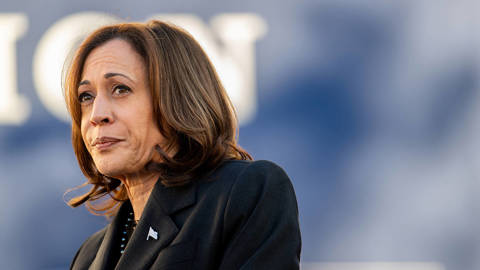
Our Contributors
-
Bernerd Da Santos is Executive Vice President and Chief Operating Officer of the AES Corporation.
-
Yves Daccord, a co-founder of Edgelands Institute and a fellow at Harvard’s Berkman Klein Center for Internet and Society, is a former director general of the International Committee of the Red Cross.
-
Professor of Economics at Parma University.
-
Rob Davies is South Africa’s minister of trade and industry.
-
Damien Demailly is Coordinator of the New Prosperity Programme at IDDRI, Sciences-Po.
-
Hailemariam Desalegn is a former prime minister of Ethiopia (2012-18).
-
Roopa Dhatt is Founder of Women in Global Health.
-
Aleksandra Dier is the gender coordinator at the United Nations Counter-Terrorism Executive Directorate.
-
Alejandro Santo Domingo is the Managing Director for Quadrant Capital Advisors.
-
Mafalda Duarte is CEO of the Climate Investment Funds.
-
Nathalia Dukhan is a senior investigator at The Sentry.
-
Thierry Déau is CEO of Meridiam.
-
Researcher, the Hudson Institute.
-
Rüdiger Dornbusch was Professor of Economics at MIT.
Our Pick

Featured
-
Africa’s Hobbled Hegemons Africa’s Hobbled Hegemons
Jul 17, 2024 Adekeye Adebajo
-
Is Greece’s Six-Day Work Week a Harbinger? Is Greece’s Six-Day Work Week a Harbinger?
Jul 19, 2024 Pinelopi Koujianou Goldberg
-
Overcoming Political Short-Termism in Latin America Overcoming Political Short-Termism in Latin America
Jul 18, 2024 Eric Parrado
-
Israel Is Enabling Iran’s War of Attrition Israel Is Enabling Iran’s War of Attrition
Jul 17, 2024 Shlomo Ben-Ami








